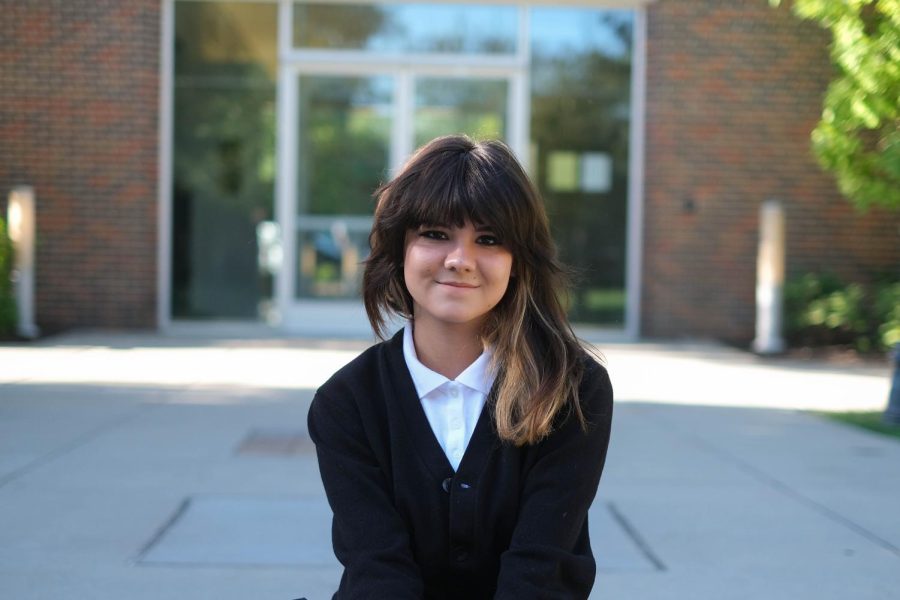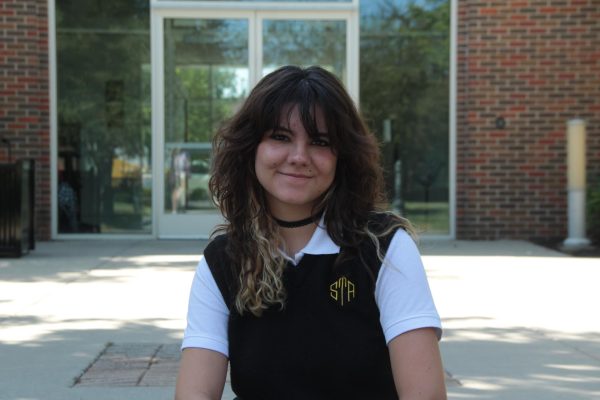Love According to TikTok
The social media landscape affects more than just how we spend our time, it changed the most sought after object of all time: love.
December 6, 2022
I scroll through my TikTok feed watching what seems like the hundredth relationship advice video emphasizing the message: “If they wanted to, they would.” If you’ve ever been online, there’s a chance you’ve come across this phrase as the face of TikTok relationship advice.
Of course, it’s important to avoid one-sided relationships, but this advice can’t apply to all instances. Love is seen as one of the most important and valuable objects in society, and just like money, it can bring us both bliss and despair if not played accordingly. That’s when a few months ago, I stumbled across a video essay on YouTube that changed my perspective on everything.
“Our conception of love is messed up,” by oliSUNvia went into depth on how social media apps, most notably TikTok, have given people a hyperreal perception of what the ideal relationship should look like. Olivia brings up the popular phrase, explaining how it’s in fact a lie. While the intent is to save people’s time and energy when picking a partner, it can be damaging by placing the drive solely in the hands of the other person. Her lasting message to the viewer is to focus more on how we can love as a person and less on making ourselves more loveable to the relationship market.
After rewatching the video multiple times, I became fascinated with how social media has played a factor in relationships. I started taking notice of the 15-second clips on my feed filled with anxiety-inducing quotes that made me question every interaction I’ve had with people. I resonated with these clips because they matched my overthinking habits, so I was more prone to believe the information.
The TikTok algorithm works to shape the videos shown to your preferences, so I was constantly shown videos made by people who are still young and navigating these issues, who couldn’t possibly have the answers to my problems. I thought, ‘Why am I listening to these seven-second clips telling me what I’m doing wrong, how I need to better my appearance, and pinpointing people’s faults? In an already fast-paced and moving world, why should I be worried about marketing myself to be lovable, when I should be focusing on how I can love?”’
In the time after watching the video essay and now, I’ve looked at love as more of an art. Just like art, we can’t be good at love without practicing it and putting in the effort. Viewing love actively is admiring and caring for one’s character and growth, not doing it because we expect something else in return.
It’s proven that giving makes us feel good about ourselves, and love shares with others what we love about ourselves. It’s easy to overthink and react emotionally when we’re constantly inundated with information, opinions, and whatnot, but at the end of the day, you are in control of your own life, not strangers on the other side of a screen.




